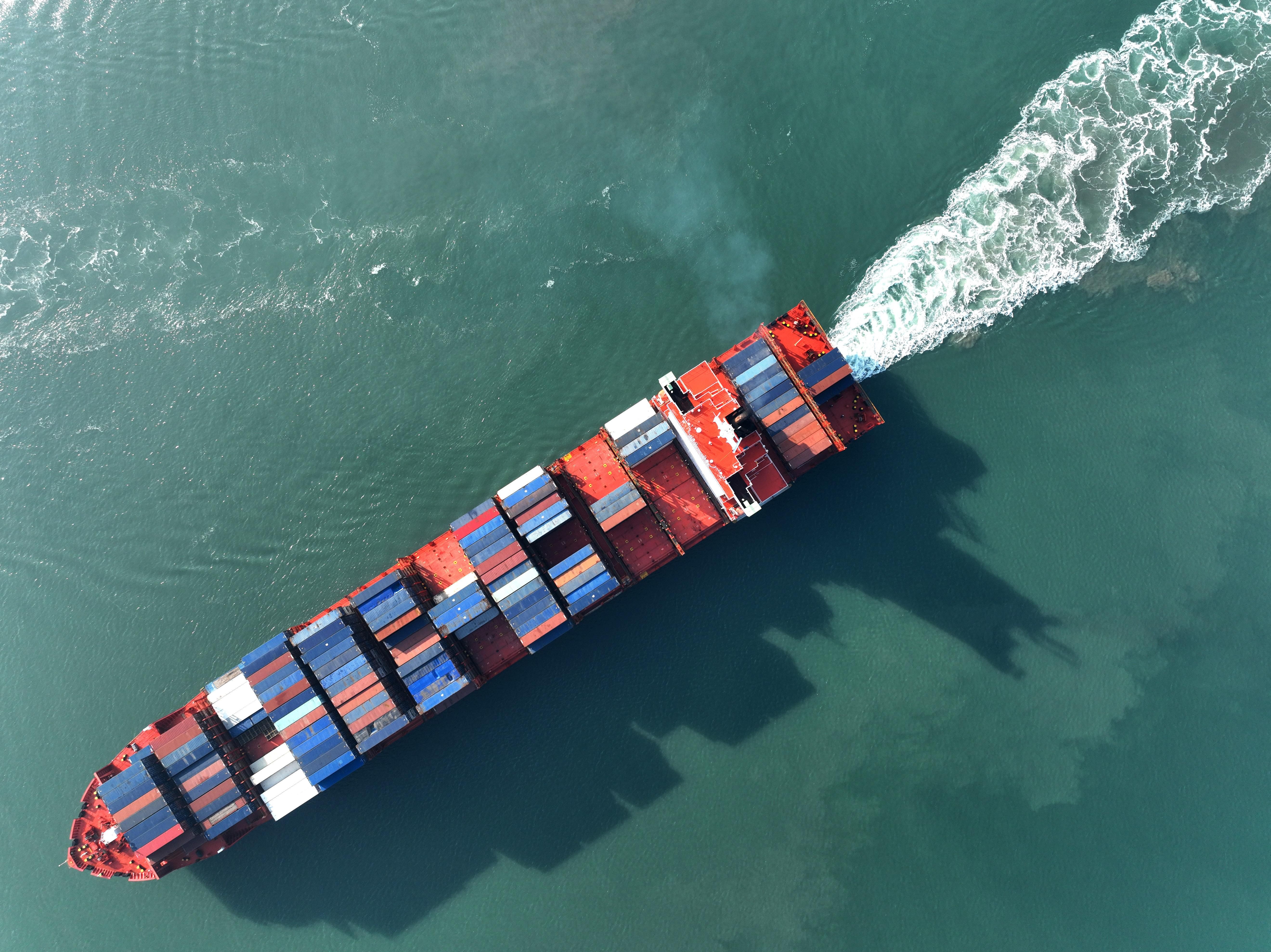Hard Numbers: Chinese trade nosedives, Hungary kills gas subsidy, Iran executes 1st protester, Emiratis travel everywhere, NYT goes on strike
*8.7: China's trade tanked in November to its lowest level since the beginning of the pandemic, with exports falling 8.7% year-on-year. The figures were released on the same day that the EU asked the World Trade Organization to review the legality of Chinese restrictions on Lithuanian imports as payback for the Baltic nation allowing Taiwan to establish a de facto embassy in Vilnius.
1.20: Hungary nixed its 1.20 euro per liter ($3.15 per gallon) cap on gasoline prices — the lowest in the EU — after supply shortages triggered panic buying and low emergency stocks. PM Viktor Orbán, Vladimir Putin's best friend in the bloc, blames EU sanctions against Russian oil — which Hungary is partially exempt from.
1: Iran carried out early on Thursday its first execution of a protester convicted over the ongoing women-led uprising against the regime. The protester was hanged after being found guilty of "enmity against God" for blocking a street and injuring a paramilitary officer in what Norway-based activist Mahmood Amiry-Moghaddam called a show trial.
121: Guess who's got the most powerful passport now. Germany? Singapore? Nope — it's the United Arab Emirates, whose citizens can travel visa-free to 121 countries, according to the latest Passport Index. What's more, Emiratis can also enter 59 nations with a visa on arrival, which propelled them to the top spot this year.
1,100: That’s how many New York Times employees plan to strike on Thursday after a year and a half’s worth of negotiations over salaries and benefits failed to net an agreement between the union and the Gray Lady. NYT strikes are rare, and they haven’t stopped the presses since 1978, but with several hundred non-union workers still on duty, the one-day strike is unlikely to halt production.*Correction: Our Signal newsletter incorrectly stated that exports fell in China by 87%. The correct figure is 8.7%.
